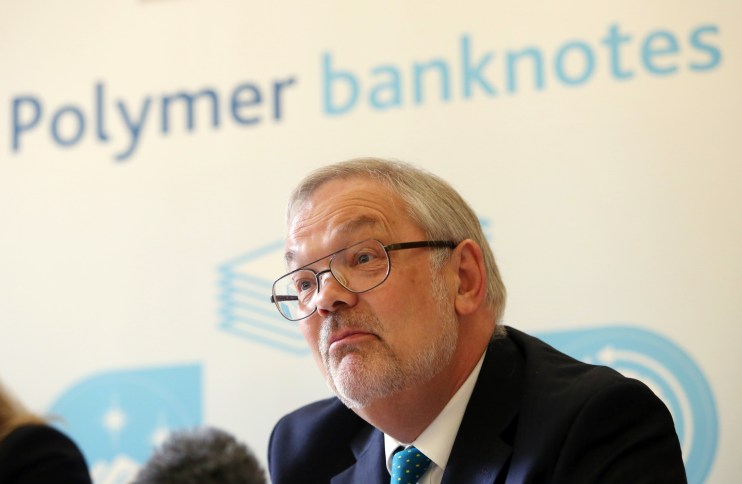Cutting taxes without reshaping state is ‘challenging’ task, former BoE chief economist says

The scope to cut taxes without worsening the standard of public services delivered by the state is limited, according to one of the UK’s top economic wonks.
Professor Sir Charlie Bean, 68, told Nick Ferrari’s LBC breakfast show today that it will be “challenging… to sustain significantly lower taxes” without reshaping “what the state does”.
The composition of government spending has changed drastically over the last five decades due to heavy cuts in defence and capital expenditure to channel resources in health care and welfare.
The “underlying trends that have been driving up health spending” such as an ageing population and more complex healthcare provision “are still going to be there going forward,” Bean, a former top forecaster at the Office for Budget Responsibility (OBR) and chief economist at the Bank of England, warned.
The government is set to swell the UK’s tax burden to its highest level since the late 1940s, primarily driven by efforts to rebalance the public finances after the government ratcheted up expenditure to deal with the Covid-19 crisis.
The 1.25 percentage point national hike landed in April and is set to become a permanent health and social care levy to raise money to clear a backlog of NHS work.
However, in the March spring statement, chancellor Rishi Sunak raised the NI threshold to £12,570, meaning the levy will generate less money for the treasury.
Corporation tax is set to rise six percentage points to 25 per cent next year and income tax thresholds have been frozen for several years.
The Organisation for Economic Co-operation and Development today urged the government to slow down repairing the public finances through tax rises to revive a stagnating UK economy.
Bean also critcised the Bank of England for leaving monetary policy ultra-loose for too long last year.
“I was puzzled by why they were sustaining such aggressively expansionary monetary policies through last year,” he said.
He said a sharp reduction in the number of workers in the UK has led to imbalances in the jobs market that have dealt a supply blow to the economy.
“Belatedly, [the Bank] woke up to this… the last couple of rate increases I think have been making up for where they should have got to,” he said.
The Bank has lifted rates at each of its last four meetings, sending them to a 13-year high of one per cent. They are still low by historical standards.
Markets are baking in around a 20 per cent chance of rate setters lifting borrowing costs 50 basis points at their meeting next Thursday, double the typical amount they move by.
Bean warned inflation will reach 10 per cent at the end of this year. It is already running at a 40-decade high of nine per cent.